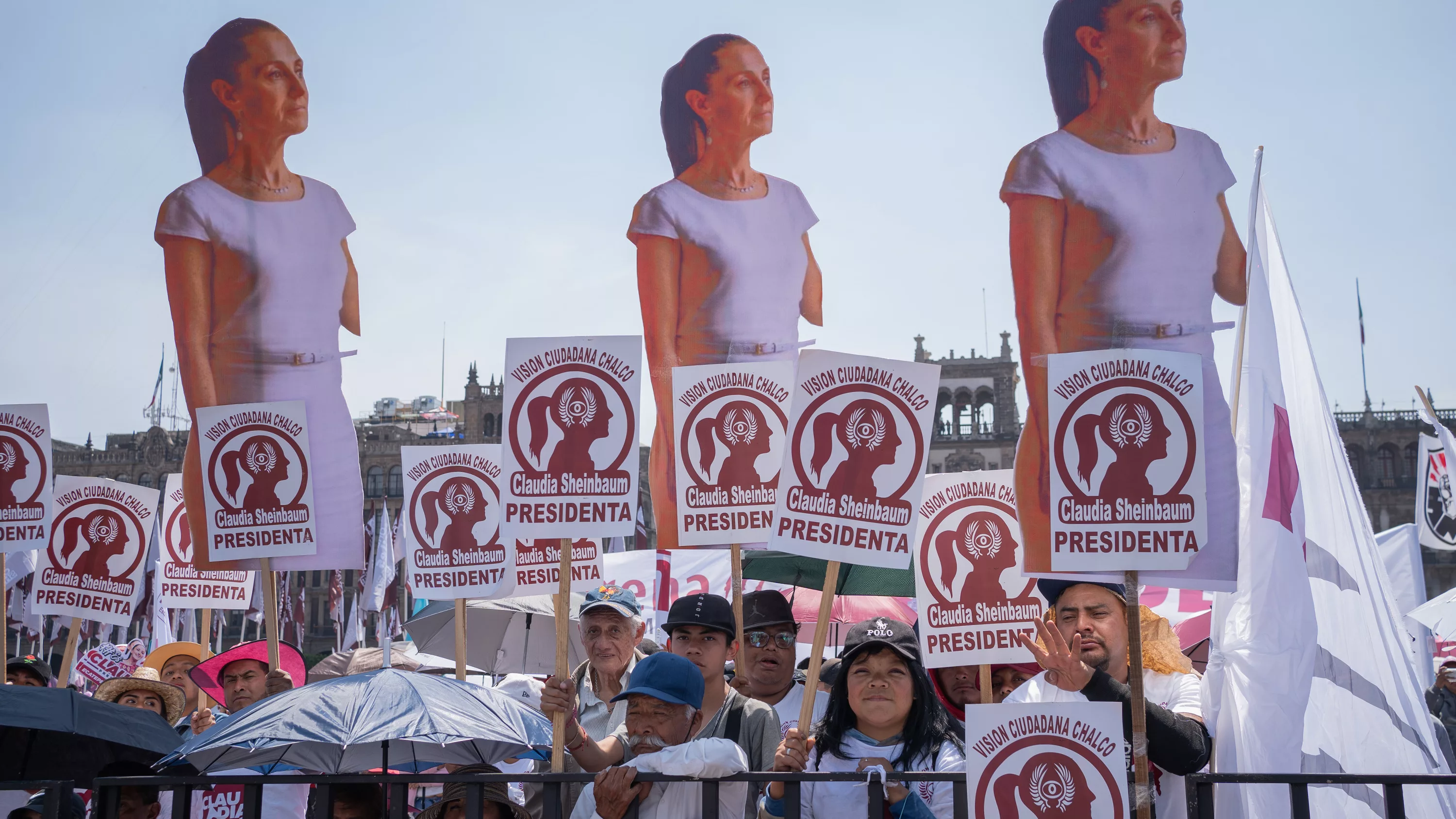
Four leaders weigh in on whether a woman president will change gender dynamics in the church.
Earlier this month, Mexico elected its first female president when Claudia Sheinbaum won 59.7 percent of the vote. The former mayor of Mexico City, Sheinbaum also previously served as an engineer and a university professor.
In recent years, Mexico has been hailed internationally as a model for female political leadership. In the 1990s, the government introduced policies promoting female participation as political candidates. Currently, 13 of Mexico’s 32 states are governed by women; Ana Lilia Rivera serves as president of the senate, and Guadalupe Taddei Zavala leads the National Electoral Institute, which organizes the country’s elections.
As women have advanced politically, have women made the same ground in the church? CT asked four Mexican evangelical women to weigh in.
Responses have been edited for length and clarity.
Alejandra Ortiz, co-coordinator of the Logos and Cosmos Initiative in Latin America in the International Fellowship of Evangelical Students (IFES)
The Mexican church is highly diverse in its political stances. Pastors and religious leaders often campaign for evangelical candidates who promote pro-family values, while others encourage voting from a neoconservative perspective. In this election, no evangelical leaders or institutions formally supported any candidate.
In political campaigns, candidates often view women as objects or puppets, something easy to manipulate. In a sense, this perception extends to the church as well. Women serve God actively but rarely occupy leadership positions in churches, as the new neoconservative wave seeks to further limit the spaces of influence for women. Those who are aligned with this vision use biblical passages like Genesis 3 and passages of Paul’s letters …

